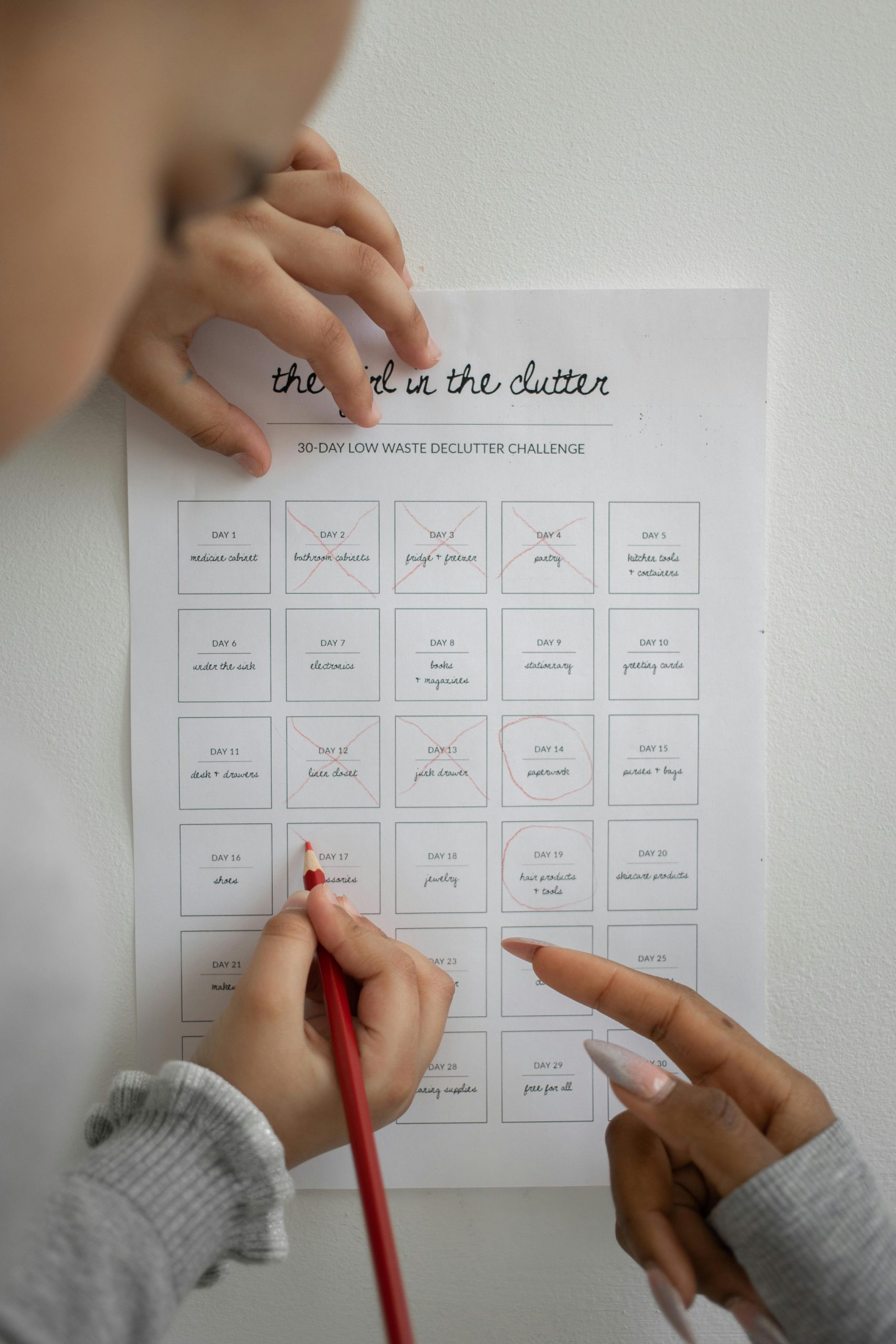In today’s fast-paced world, maintaining focus and efficiency can feel like an uphill battle. Distractions are everywhere, from buzzing smartphones to overflowing inboxes. Fortunately, science offers proven strategies to sharpen concentration and enhance productivity. By adopting these evidence-backed habits, you can train your brain to stay on task, work smarter, and achieve more in less time.
1. Prioritize Quality Sleep for Optimal Brain Function
Sleep isn’t just about rest—it’s a critical component of cognitive performance. Research shows that sleep deprivation impairs attention, memory, and decision-making. A study published in Nature Communications found that even mild sleep loss reduces the brain’s ability to focus and process information efficiently.
How to Improve Sleep for Better Concentration
- Stick to a consistent sleep schedule: Going to bed and waking up at the same time daily regulates your internal clock.
- Limit screen time before bed: Blue light from devices suppresses melatonin, the hormone that promotes sleep.
- Create a restful environment: Keep your bedroom cool, dark, and quiet to enhance sleep quality.
2. Practice Mindfulness and Meditation
Mindfulness meditation has been scientifically proven to enhance focus and reduce mind-wandering. A study from Harvard University revealed that just eight weeks of mindfulness training increased gray matter density in brain regions linked to attention and emotional regulation.
Simple Mindfulness Techniques to Try
- Focused breathing: Spend 5-10 minutes daily concentrating on your breath to anchor your attention.
- Body scan meditation: Gradually focus on each part of your body to cultivate awareness and reduce stress.
- Mindful breaks: Take short pauses during work to observe your surroundings without judgment.
3. Optimize Your Work Environment
Your surroundings play a significant role in your ability to concentrate. Clutter, noise, and poor lighting can sabotage productivity. According to research in the Journal of Neuroscience, visual distractions compete for attention, making it harder to stay focused.
Ways to Create a Focus-Friendly Workspace
- Declutter your space: A tidy desk minimizes distractions and mental load.
- Use noise-canceling headphones or white noise: Block out disruptive sounds to maintain concentration.
- Adjust lighting: Natural light or warm, indirect lighting reduces eye strain and fatigue.
4. Break Tasks into Manageable Chunks
The human brain isn’t wired for prolonged, uninterrupted focus. Studies suggest that working in shorter, focused bursts—followed by breaks—boosts efficiency. The Pomodoro Technique, for example, involves 25-minute work sessions followed by 5-minute breaks, improving sustained attention.
How to Implement Effective Task Management
- Use the “two-minute rule”: If a task takes less than two minutes, do it immediately to prevent mental clutter.
- Batch similar tasks: Grouping related activities (like emails or calls) reduces cognitive switching costs.
- Set clear goals: Break projects into smaller milestones to maintain motivation and track progress.
5. Fuel Your Brain with the Right Nutrition
What you eat directly impacts cognitive function. A diet rich in antioxidants, healthy fats, and protein supports brain health, while sugar and processed foods can lead to energy crashes and brain fog.
Brain-Boosting Foods to Include
- Omega-3 fatty acids: Found in fatty fish, walnuts, and flaxseeds, these support memory and focus.
- Dark leafy greens: Spinach and kale are packed with vitamins that enhance cognitive performance.
- Blueberries: High in antioxidants, they protect the brain from oxidative stress.
By integrating these science-backed habits into your daily routine, you can significantly improve concentration and efficiency. Whether it’s optimizing your sleep, practicing mindfulness, or refining your workspace, small changes can lead to big productivity gains. Start with one or two strategies, track your progress, and watch your focus soar.
